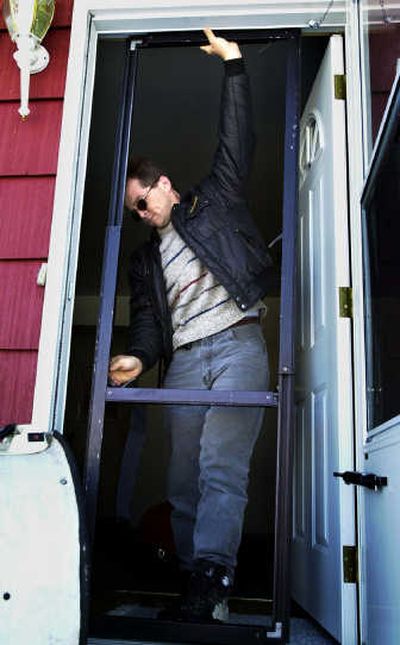Home energy audit works wonders, now what do I do?

Q: I took your advice after you wrote some time ago about getting the local utility company to do an energy audit of our home, and for $15 they did a great job. So now I’ve got a list of improvements that can help us save energy, but I really don’t know where to begin and what to do first. Any general ideas on the best strategy to follow?
A: First of all, don’t feel bad that the audit found a lot of things that needed improvement. Most homeowners don’t realize how many things from the obvious big ones like replacing older inefficient appliances to the small ones like replacing old window frames — exist in their homes and are costing them money every single day.
I think the first thing you need to do is think about how long you plan to stay in that home. If you think you’ll be there for a while, then making some of the bigger improvements will help pay back the cost of the repairs.
Over time, just about any energy improvement you make will pay for itself in energy savings, though some will take a number of years while others may take only a matter of months. If you’re thinking about moving in the next couple of years, though, a big investment in repairs may not make sense economically (though it will probably make sense in terms of improved comfort and enjoyment of your home regardless of how long you stay there).
The next factor has to be your budget. The biggest savings typically come from the more expensive items replacing bad windows with new ones, putting in a high-efficiency heater or air conditioner, buying a high-efficiency refrigerator, or putting in a sunroom in a cold climate or a screened porch on the east or west sides of a home in a hot climate.
If you can’t afford improvements like these, then concentrate on the small ones that can make the biggest difference tightening up your home by sealing cracks and holes, making sure doors and windows close tightly, getting the heater and air conditioner tuned up, or replacing frequently used light bulbs with compact fluorescent ones.
Another suggestion is to look at that list of recommended improvements you got and think about the full range of benefits they offer.
Saving money isn’t the only reason why people make home improvements. When you seal cracks and holes, for example, you certainly will save money on your energy bill, but you’ll also keep insects, dust and dirt, and even noise out.
Having good attic ventilation will help keep the sun’s heat from getting into your living space, but the lower attic temperatures will also reduce harm to items you have stored up there and put less stress on pipes, wires and other building materials located in the attic.
If you’re frequently getting things down from the attic, then you know how uncomfortable it can be when temperatures reach 150 degrees or more in there on a hot summer day. Keeping the attic cooler will make it a lot more comfortable when you need to get up there.
As someone who isn’t very handy, I often forget how many people are do-it-yourselfers, so one thing you need to do is consider the list of things you’d like to fix and figure out how many of them you can do on your own.
This will obviously lower their costs, and maybe that savings will let you do more of the fixes than you could have done otherwise.
My only advice on this is to make sure that you read the directions carefully and follow the safety information. I’ve heard too many horror stories of people who, for example, thought they’d put in their own attic insulation but didn’t wear the necessary protective gloves or mouth covering that professional installers use.
And I won’t even try to tell you about people who thought they could buy a roll or two of duct tape and seal their home’s ductwork to stop losing heated and cooled air, though they ended up having to spend more on duct repairs from the damage they did than they’d ever have saved from their attempts at an easy fix.